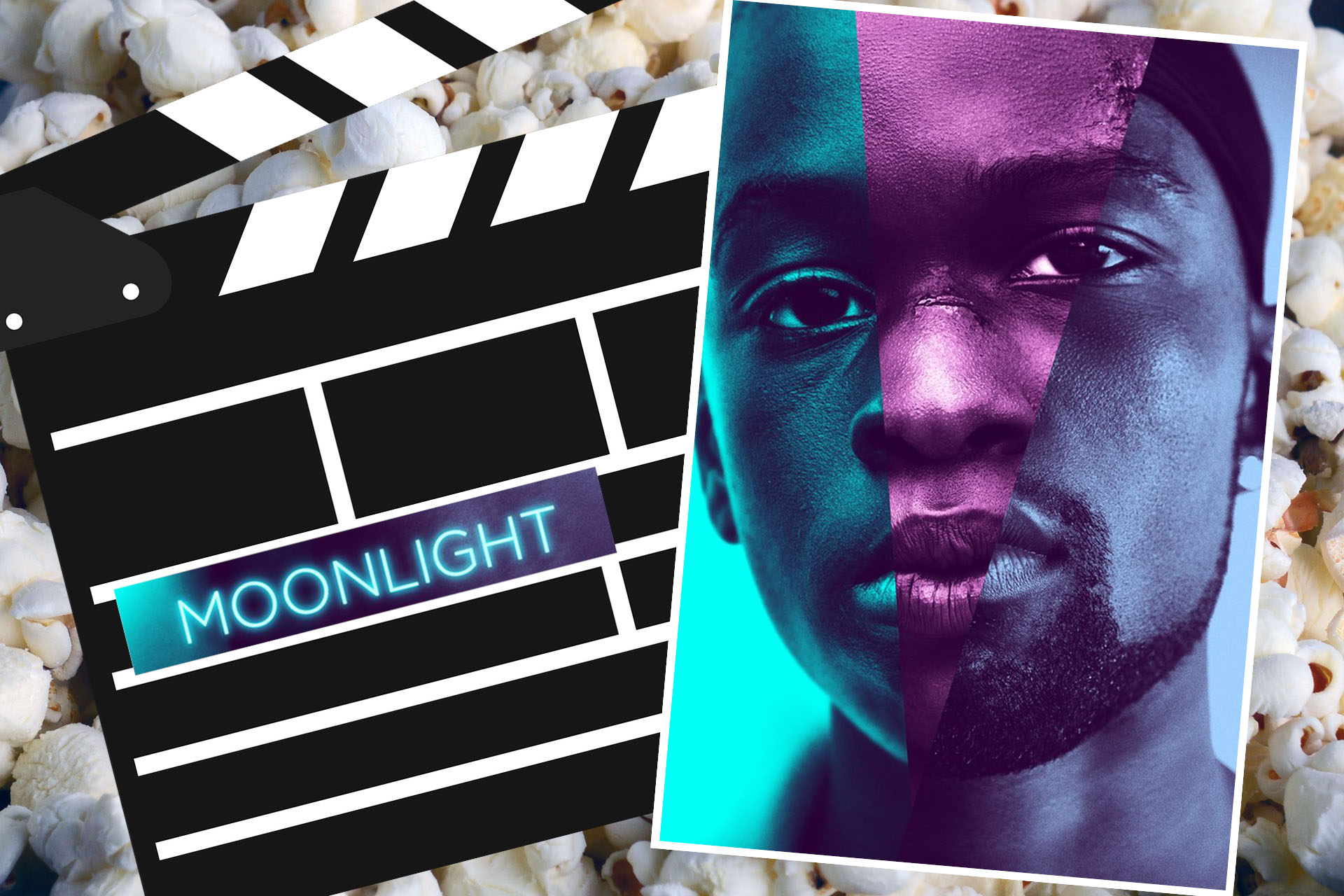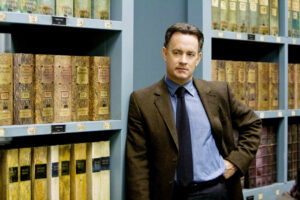Stunning, incredibly poetic and heart wrenching. At the Oscar’s race arrives “Moonlight,” the movie that goes beyond a social taboo shedding light on the courage of who fights to affirm his own identity. Director Barry Jenkins brings to the big screen the inner and outer battle of Chiron, a black guy who is forced to live with his homosexuality, a condition that nobody is willing to accept, not even him.

The movie is divided in three chapters, the three stages of the protagonist’s life: a child in search of his identity, a boy who learns about his instincts and an adult who tries to hide them instead.
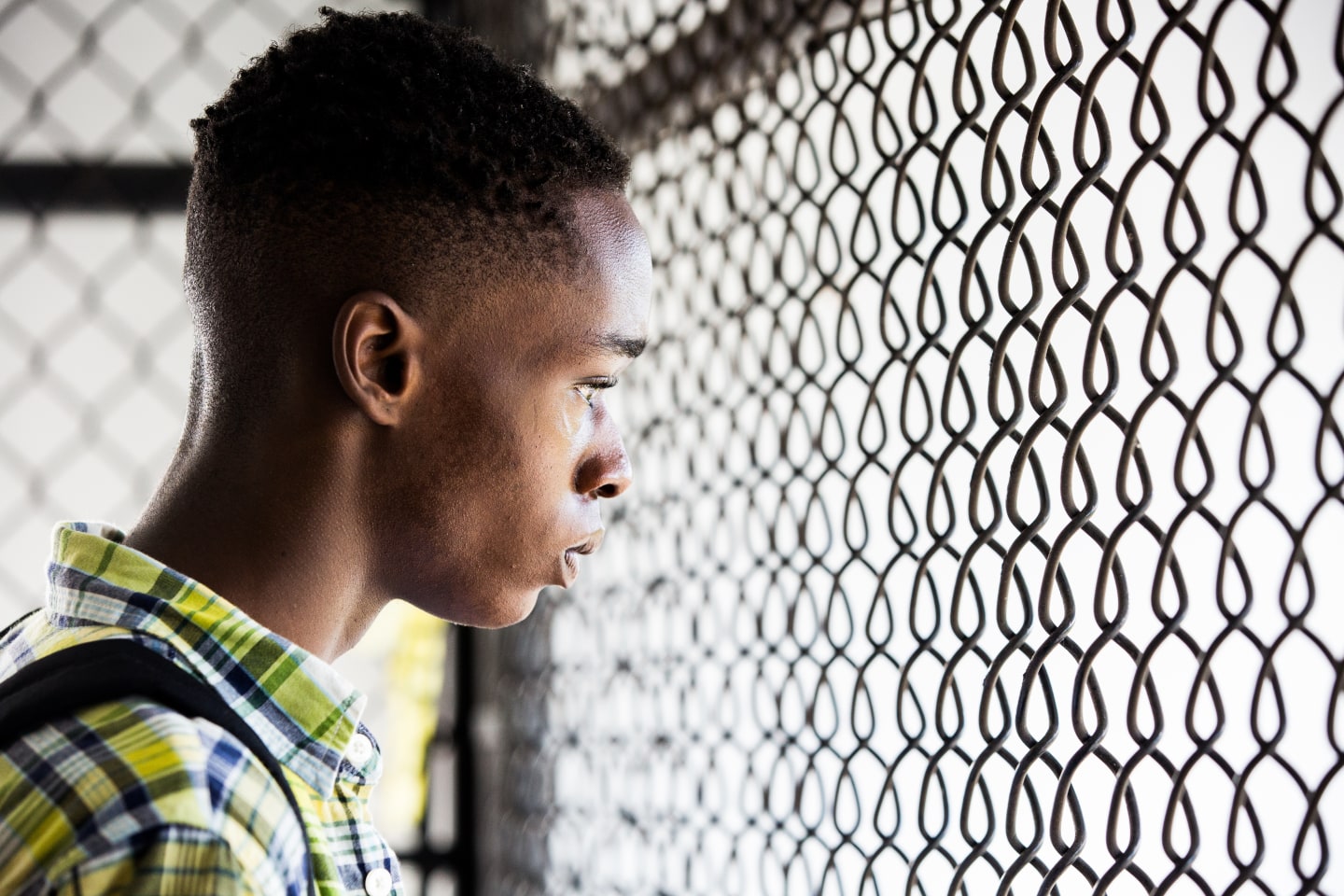
Born and raised in a ghetto in Miami, where violence and social degradation happen on a daily basis, Chiron has to deal not only with a drug-addicted mother and a father who abandoned him, but also with the aggressive attitude of his schoolmates. He will find a bit of comfort in Juan, a drug dealer of the neighborhood, and his partner, who will welcome him at their place where Chiron will find many of the answers to his questions.

An amazing introspective journey that, even if it faces issues such as drugs, violence and social discrimination, is able to bring to the surface the deep dichotomy that exists between reality and appearance, between inner weakness and willpower.
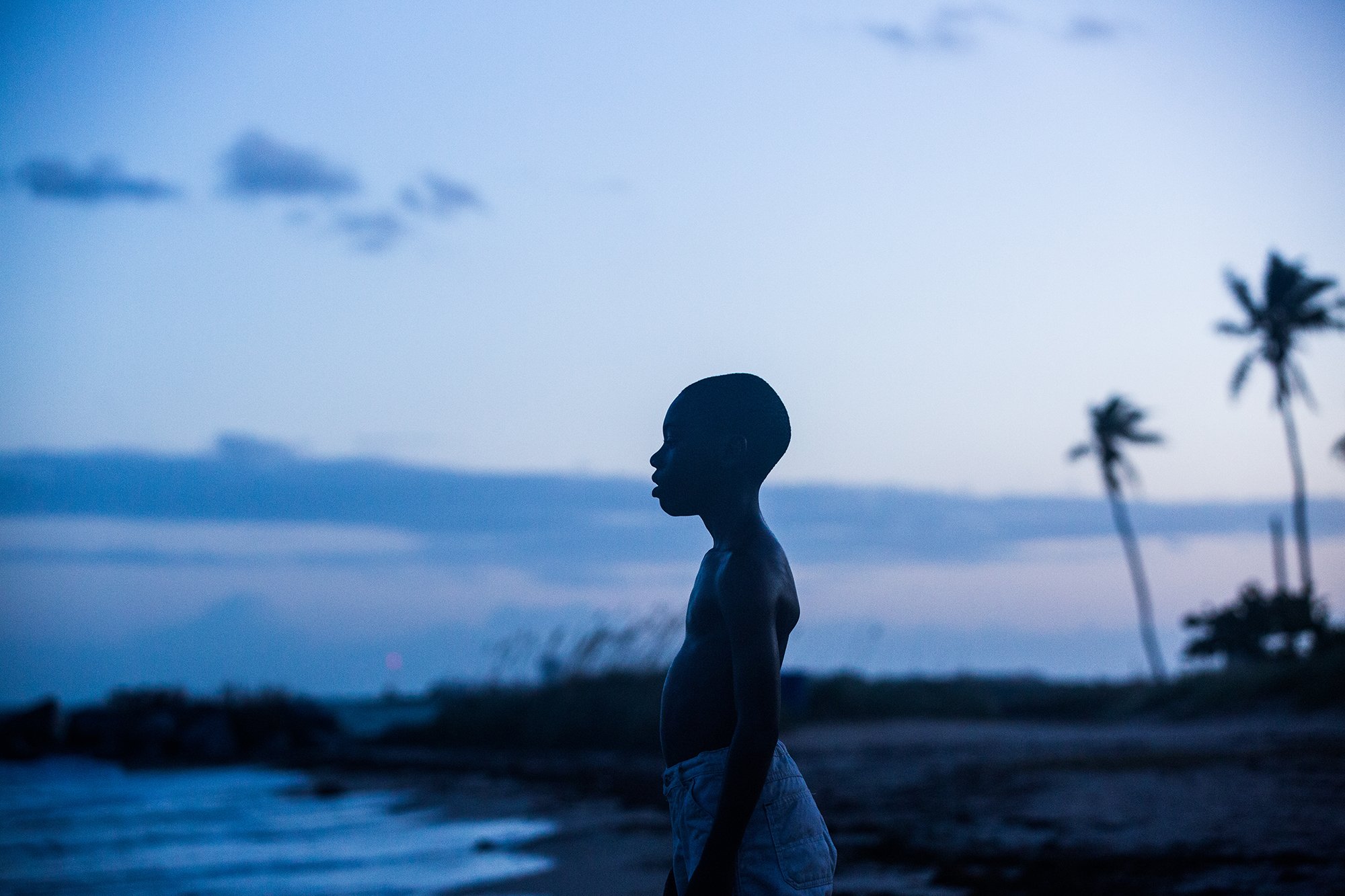
Based on “Moonlight Black Boys Look Blue,” play by Tarell Alvin McCraney, the film tells about the evolution path of a man, aware of the drama of being black and gay within the modern American society. A very current topic that the director deals with an out-of-the-box sensitivity, both from a narrative and cinematographic point of view. At the same time the movie is extremely romantic and teaches us that love has no prejudices and that has the power to change people’s life, regardless of their race, culture or sexual orientation.
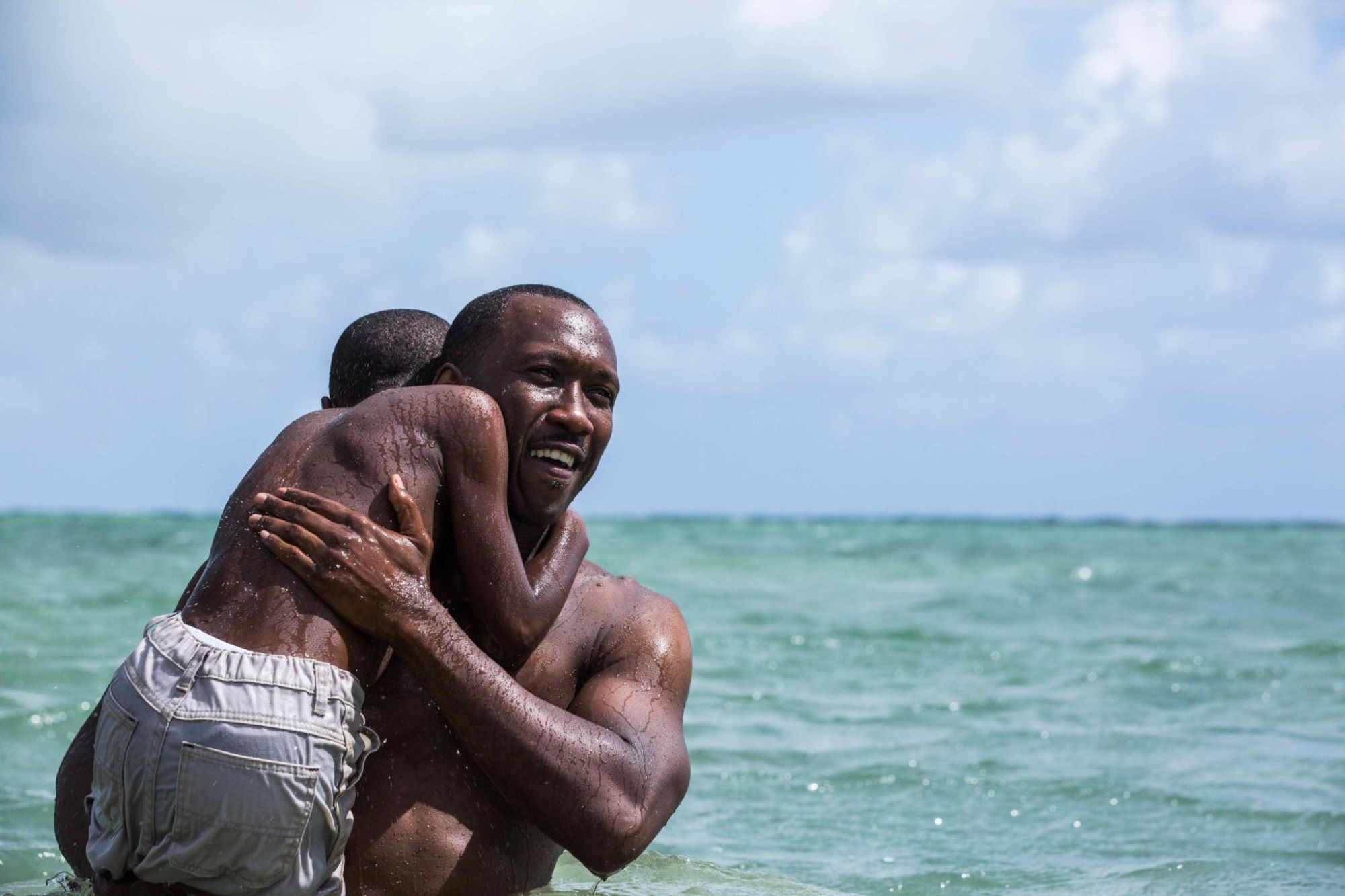
“Moonlight,” result of 8 years of work, shows the great maturity of the director that is reflected in Jenkins’s stylistic choices, who, through the camera, is able to bring to the surface the psychological tension of the character while keeping a calm tone and where detail don’t go unnoticed.
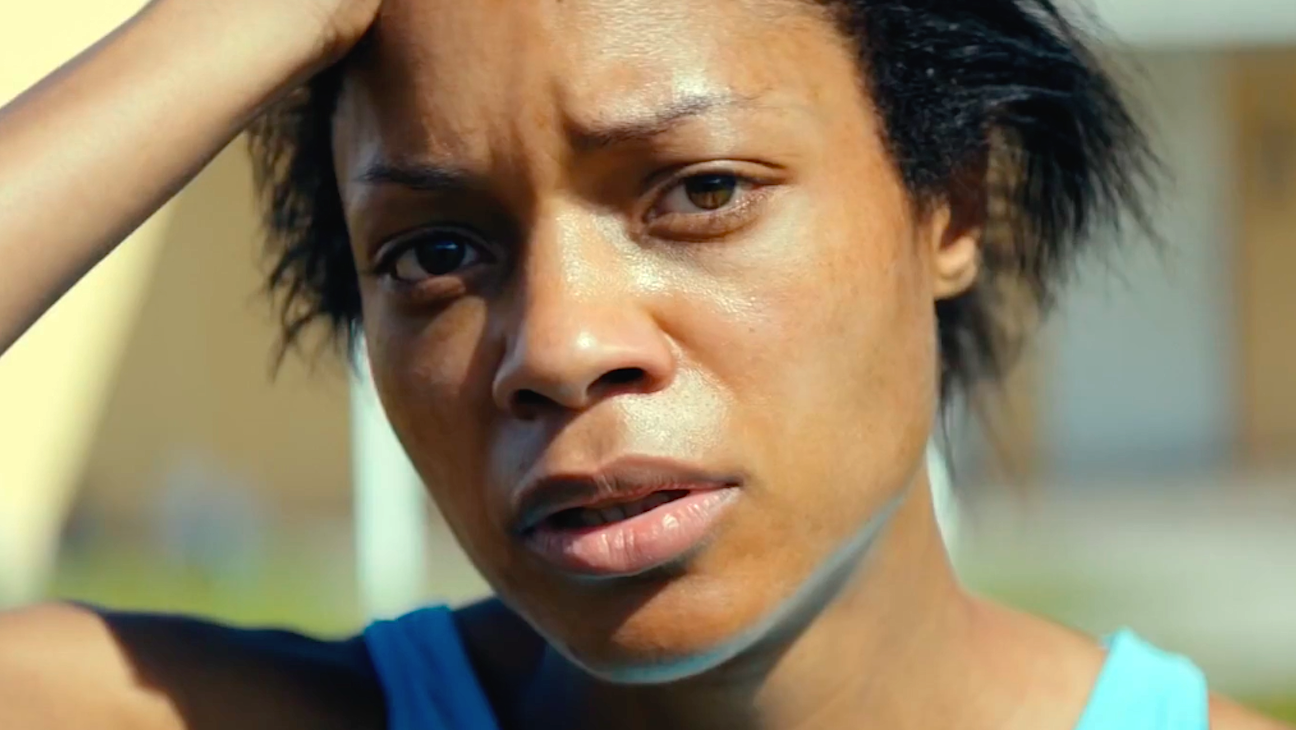
The director can certainly be proud of his choice of the three actors who masterfully interpret the protagonist (Alex R. Hibbert, Ashton Sanders, Trevante Rhodes) and his transformation yet being the same, prisoner of life that never leaves him free from the stereotypes of a society turned its back on him. The only “escapes” are called Juan (played by Mahershala Ali, Sag winner, and Oscar-nominated), a sort of foster father, and Kevin, his best friend (also played by three actors Jaden Piner, Jharrel Jerome and Andre Holland) who Chiron falls in love with and for whom will always have a strong feeling.

Family drama, racism and stereotypes, the search for identity…all narrative topics that Jenkins shows us in all their crudity, stripping them of every kind of stylistic frills and leaving room only to pure feeling and emotion that invade the spectator from the beginning to the end of the movie.

